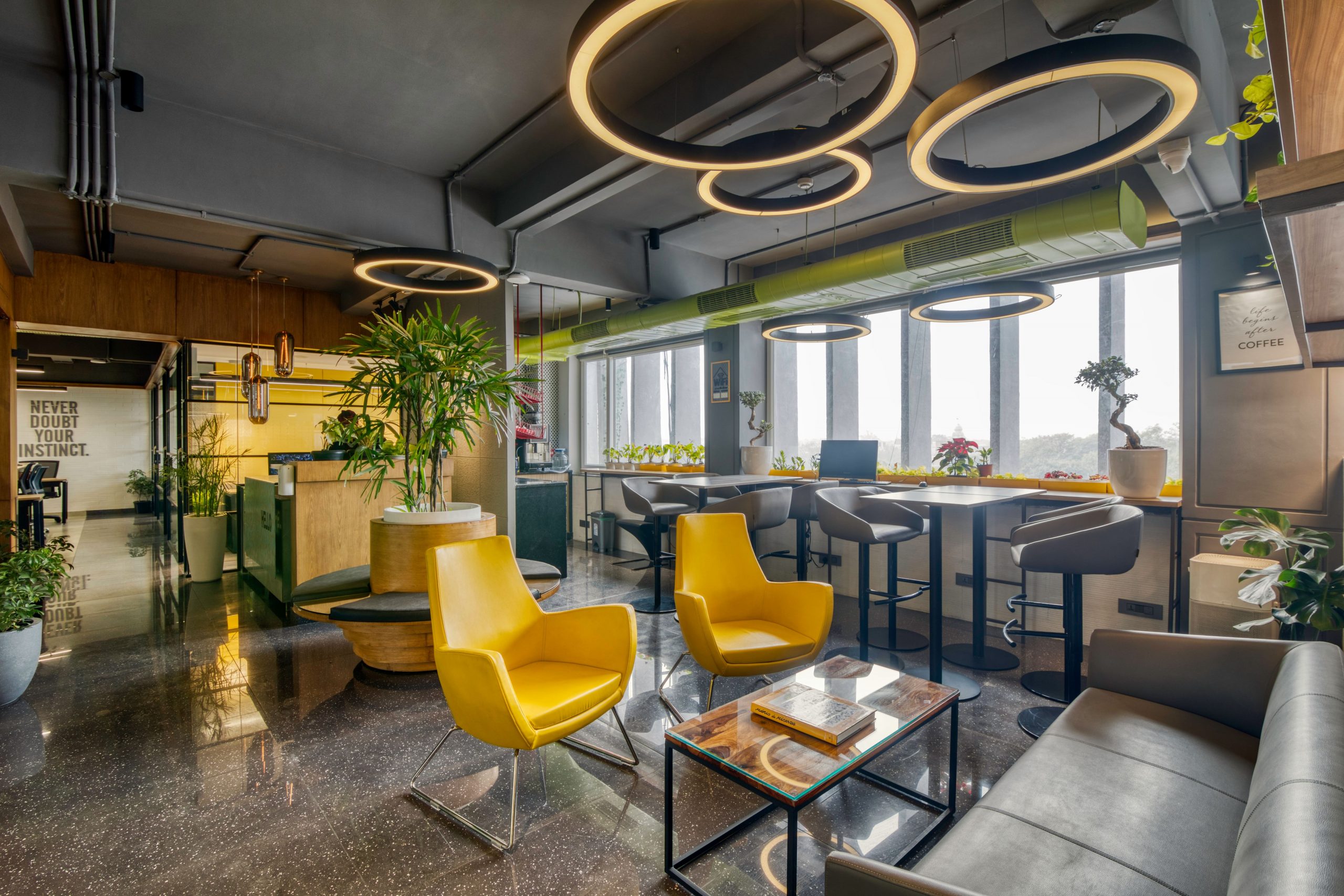Are you wondering how will be the future of coworking spaces? Well, coworking spaces have been on the rise in recent years because of the number of companies looking for a place to manage or operate their businesses out of the modern-day office.
The appeal of coworking spaces is that they provide a flexible work environment, great features for their customers, and sub-par health and safety features.
Because they offer the potential to be very self-sufficient, it can stay open longer, there’s more room for growth, and higher profits are possible due to increased revenue. But what is the future of coworking spaces? And what are the benefits?
What to Expect of Coworking Spaces and Work Trends
Private Offices and Enclosed Spaces will be a Priority
Having enclosed areas will be part of the future of coworking spaces. This is especially important for the higher-level staff members available for extra assistance.
A closed-off space ensures a quieter working environment. There are various quiet options that you can use to make your environment more pleasant and stress-free.
Flexibility will remain a Priority
The prime benefit of coworking spaces is their adaptability to fit your needs. Because coworking space spaces are cheaper than traditional offices, it’s possible to start with a coworking space but upgrade to a more permanent set-up over time.
The upside of the flexibility as a coworking trend, is that if you are a freelancer and are flexible about your hours, you can have a coworking space that suits your needs, rather than being stuck with a set-up that you’re not happy with.
However, while flexibility is on the rise, the flip side of this is flexibility isn’t always on the cards. Not only will the space you choose be expensive to run, but it’s also much easier to start a coworking space than a fully-fledged business.
More Businesses Will Shift To The Hub-And-Spoke Model
The fundamentals of a future of work and coworking office model are the same as the Big Office, and the Hub-and-Spoke model is almost identical to that.
There’s the central hub, or office space, staffed by various people from multiple businesses. This ‘hub’ runs a variety of services for its customers, including an event room, cafe, bar, events room, and so on.
The ‘spoke’ is smaller units that vary in scale depending on the type of business or group of business that uses it.
There’s been a shift from the normal, professional desk space towards smaller meeting rooms that offer a more community-based feel. The appeal of the lower costs and choosing who’s allowed to use the space has driven the popularity of the center space among business owners.
Automation To Improve Member Experience & Manager Productivity
What is automation? Automation is integrating software to perform a series of operations more quickly and accurately than humanly possible. What does this mean for coworking spaces?
With the growth of the future of office space and coworking industry, more and more companies are being looked to automate their offices.
The number of companies that are now outsourcing their IT operations to a digital workplace solution provider has increased exponentially, and now it’s expected that companies of all sizes will be doing the same in the next five years.
This means that space providers, or owners, can take the opportunity to increase productivity, manage workloads, and improve worker experience. At the same time, these managers can manage their teams more effectively.
Community & Well-Being as a Primary Focus

A primary focus for modern coworking spaces is to provide a community environment. The attractions mentioned above of coworking spaces have helped their popularity, but they are not the only ones.
An emerging trend in future of remote work will provide community members with more than just the facilities they need to operate a business and meeting new demands.
Many coworking spaces aim to provide their members with education and social activities and give them a sense of ‘community’ or belonging that they can feel satisfied with.
Future of Coworking Spaces
There has been much debate about the benefits of coworking spaces and the low-cost, long-term investment. This means they offer lower capital outlay and a low-risk opportunity for those starting in a market.
To establish a strong coworking business, you need to think carefully about the levels of support you can offer in the location and size of space you use.
Then it’s time to go to market with a solution for your client base. That’s the long-term growth and success that every business wants.
